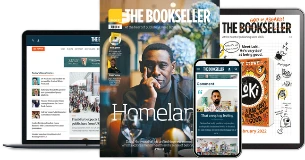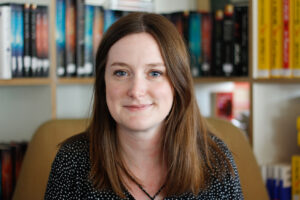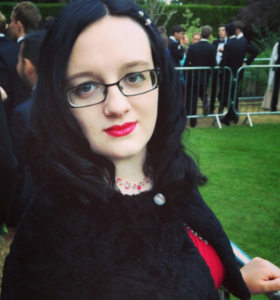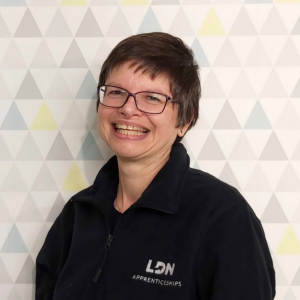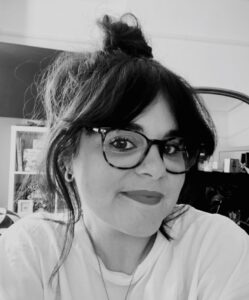Leena Normington tells us all about her role as Social Media Producer at Vintage.
Describe your role 
I’m a producer, so essentially, I create content that suits our social platforms. On any given day you’ll find me editing a podcast, creating a YouTube video, plotting a thread of tweets or building a fun reading list for our website. I manage our social channels so that we have a constant stream of content being uploaded on Twitter, Facebook, Instagram, iTunes, YouTube and more, so it’s up to me to make sure everything is scheduled and looking good, and that we respond to our readers’ questions and suggestions.
What do you like best about being a social media producer?
I love inventing new ways to tell the story of a book online, whether it’s about the plot itself or the way a book came to be on the shelves. I’m always looking for things that publishing houses can offer to an audience that news outlets or traditional media perhaps can’t, so whether I’m persuading production managers to vlog about their jobs or going behind the scenes at the printer, there’s always an inside scoop within our own walls to capture and share.
Which new projects or titles are you working on at the moment?
At the moment I’m editing some exciting new content for our YouTube channel, and we’ve got a collaboration with podcast Mostly Lit in the pipeline, which is exciting. This week I’ll also be popping in to film the building of our Vintage Minis window at Foyles, Charing Cross Road. Getting out and working with booksellers is always fun.
What skills do you need to be a social media producer?
You have to be able to think on your feet creatively and respond fast. Knowing, at least in part, the systems and challenges other departments face is key. It’s also important to use and be familiar with all the most popular social media platforms, to be fluent in the way people communicate in each place—they’re all very different!
What advice would you give to those looking to work in the industry?
Practise your craft—whether by starting a YouTube channel or a podcast, or publishing zines, helping build a brand for a charity, running a blog or creating events. Become part of the online book community, either as a creator or a viewer/commenter. Start small, and build a portfolio of skills before applying for the role you’d love.
Find roles in social media and marketing on Jobs in Books.
